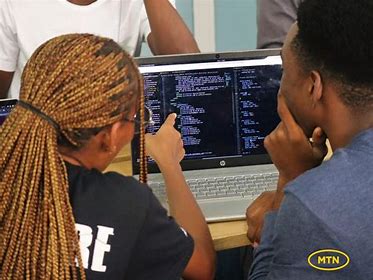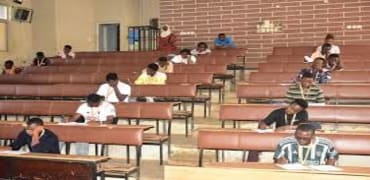FG Empowers 270 Technical Teachers with Digital Skills
FG Empowers 270 Technical Teachers with Digital Skills
By Achimi Muktar
In a bold move to revolutionize technical and vocational education in Nigeria, the Federal Ministry of Education has successfully trained 270 technical teachers and instructors in Digital Literacy Pedagogy and Trade-Specific Skills. The initiative aims to equip educators with cutting-edge skills to meet the demands of an ever-evolving workforce.
The 21-day intensive training, held in Ibadan, focused on enhancing digital proficiency and hands-on expertise, ensuring that Nigerian students are not just educated but industry-ready and globally competitive.
Why This Training Matters
Speaking at the event, Minister of Education Dr. Olatunji Alausa, represented by Dr. Muyibat Olodo, emphasized the pivotal role of technical education in driving economic growth.
“As technological advancements reshape industries and create new opportunities, the need for skilled professionals who can adapt and innovate becomes paramount,” he stated.
He further stressed that technical and vocational education serves as a bridge between theoretical knowledge and real-world application, making students highly employable and entrepreneurial.
The Impact: From Classrooms to the Economy
This initiative is more than just a skills upgrade—it’s a complete transformation of Nigeria’s education landscape. With better-equipped teachers, students will gain practical skills that prepare them for high-demand industries, from technology and engineering to craftsmanship and digital entrepreneurship.
“This training is about more than just new teaching methods,” Dr. Alausa noted. “It’s about rekindling the passion for skill development, embracing innovation, and preparing our students for a competitive global economy.”
He highlighted that teachers who inspire and equip students with practical knowledge play a crucial role in shaping entrepreneurs, innovators, and industry leaders.
States Are Taking Action
Commending the Federal Government’s commitment, Oyo State Commissioner for Education, Prof. Salihu Adelabu, revealed that Oyo has revamped and remodeled its technical colleges to support technical and vocational education.
He urged the trained teachers to apply their newfound knowledge effectively, ensuring that Nigerian students receive world-class technical education.
Bridging the Skills Gap in Nigeria
According to Mrs. Blessing Ogwu, National Coordinator of the Innovation Development and Effectiveness in the Acquisition of Skills (IDEAS) project), the training was designed to close the skills gap in post-basic and informal education sectors.
“There is growing evidence that training technical teachers and instructors boosts educational effectiveness in developing countries without compromising equity,” she explained.
What’s Next for Nigeria’s Technical Education?
With this initiative, the Federal Government is setting the stage for a future-driven education system. By prioritizing technical and vocational training, Nigeria is positioning itself as a hub for skilled labor, innovation, and entrepreneurship.
For students, this means a brighter future with access to quality education, job opportunities, and the skills needed to compete on a global scale. For the economy, it signals a stronger, more self-sufficient Nigeria ready to lead in technology, industry, and business.
One thing is certain—technical education in Nigeria will never be the same again!


















